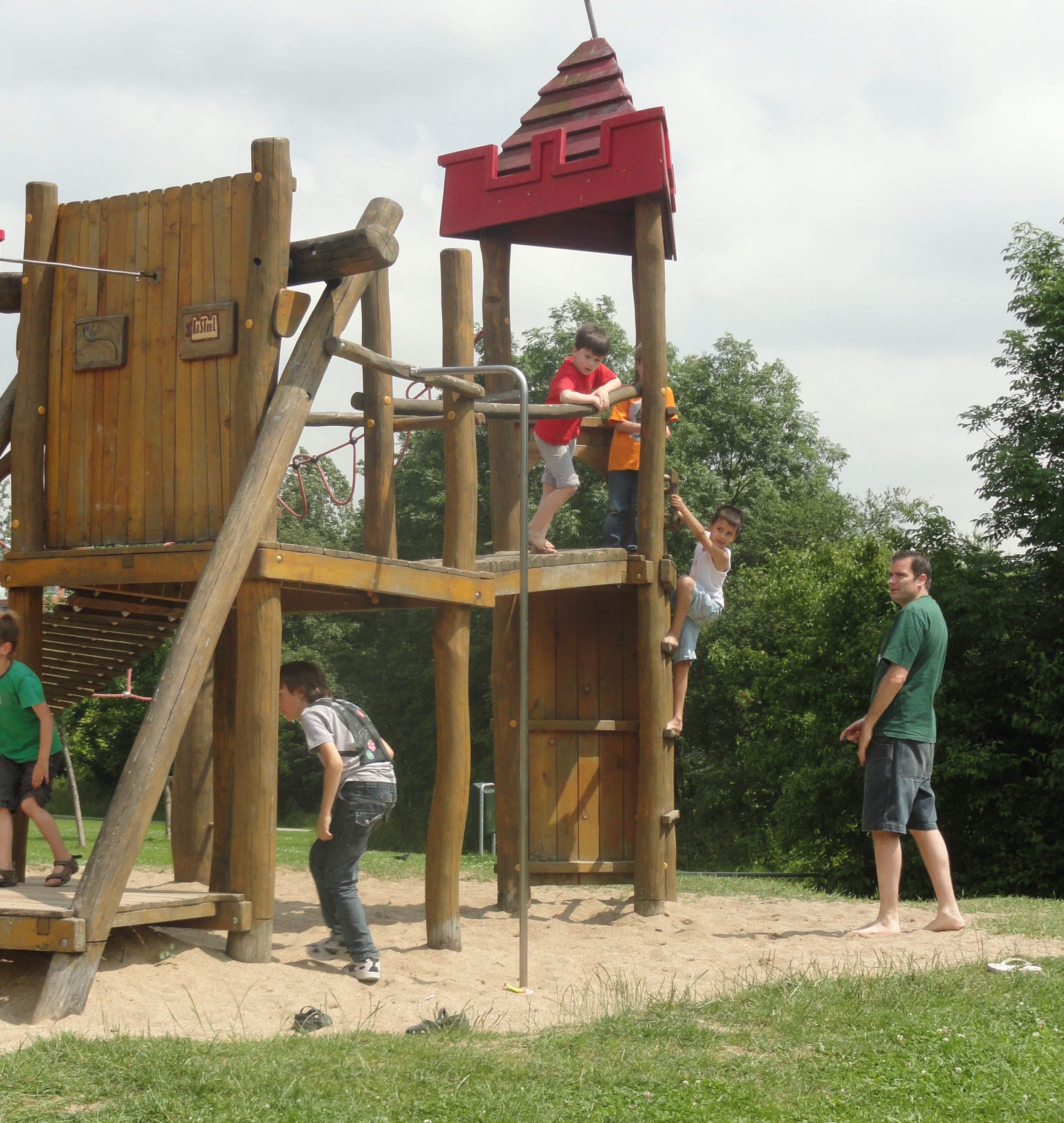
Smiles and laughter involve safety and trust. Those emotions are good for families, for relationships, and for learning.
photo by Sandra Dodd
__

When pretend violence exists without the other issues (parenting, school, neglect) it just doesn't have the effect that people fear it will.
For kids who are respected and loved, all sorts of aspects of life that they wouldn't want in their lives can be interesting to visit through fantasy. When you know you'd have to give up the things you value in life to have the "fun" of a violent life as well as the real life consequences, why would anyone choose it? It's only the kids who are growing up severely lacking in love, understanding, support, respect that see violence as a means to something better.



Some people say "no" before they even think, and then they justify it by all kinds of child-belittling means. You don't have to be one of those people.
I don't see them trying to put limits on paper time, or cloth time, or time with other people. I've never heard anyone say "That's enough 'imagination time' now."

Get witnesses.That's one reason people join support groups and confess to their friends what they're doing, because you've told somebody what your intention is.
You've told them what your problem is and what your intention is and now you have witnesses and for some people that helps. Sometimes it needs to be an imaginary witness, sometimes it needs to be a real witness. But maybe, if it will help you, imagine that the friend that you most want to impress is there and would you do it if they were there.
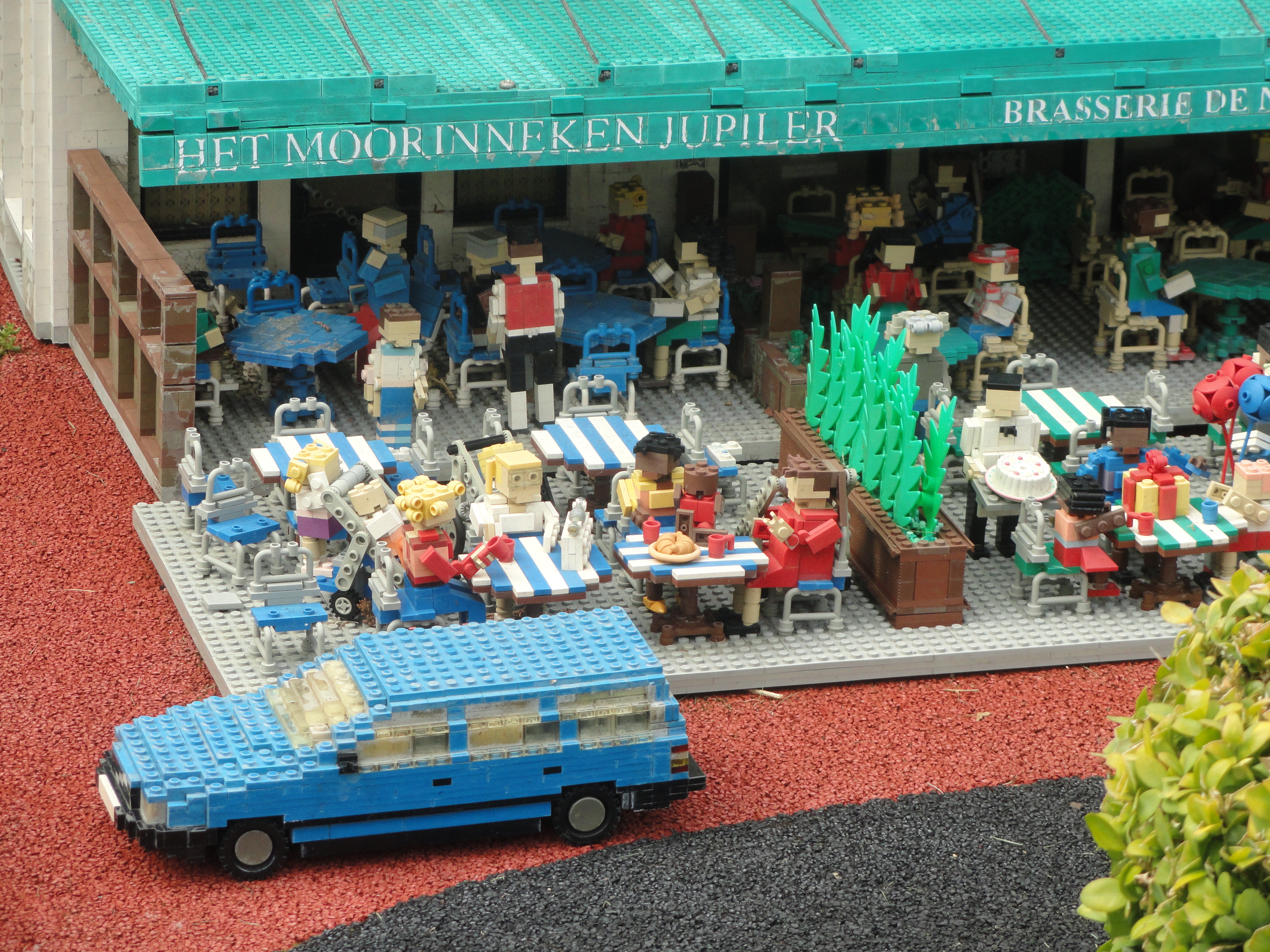

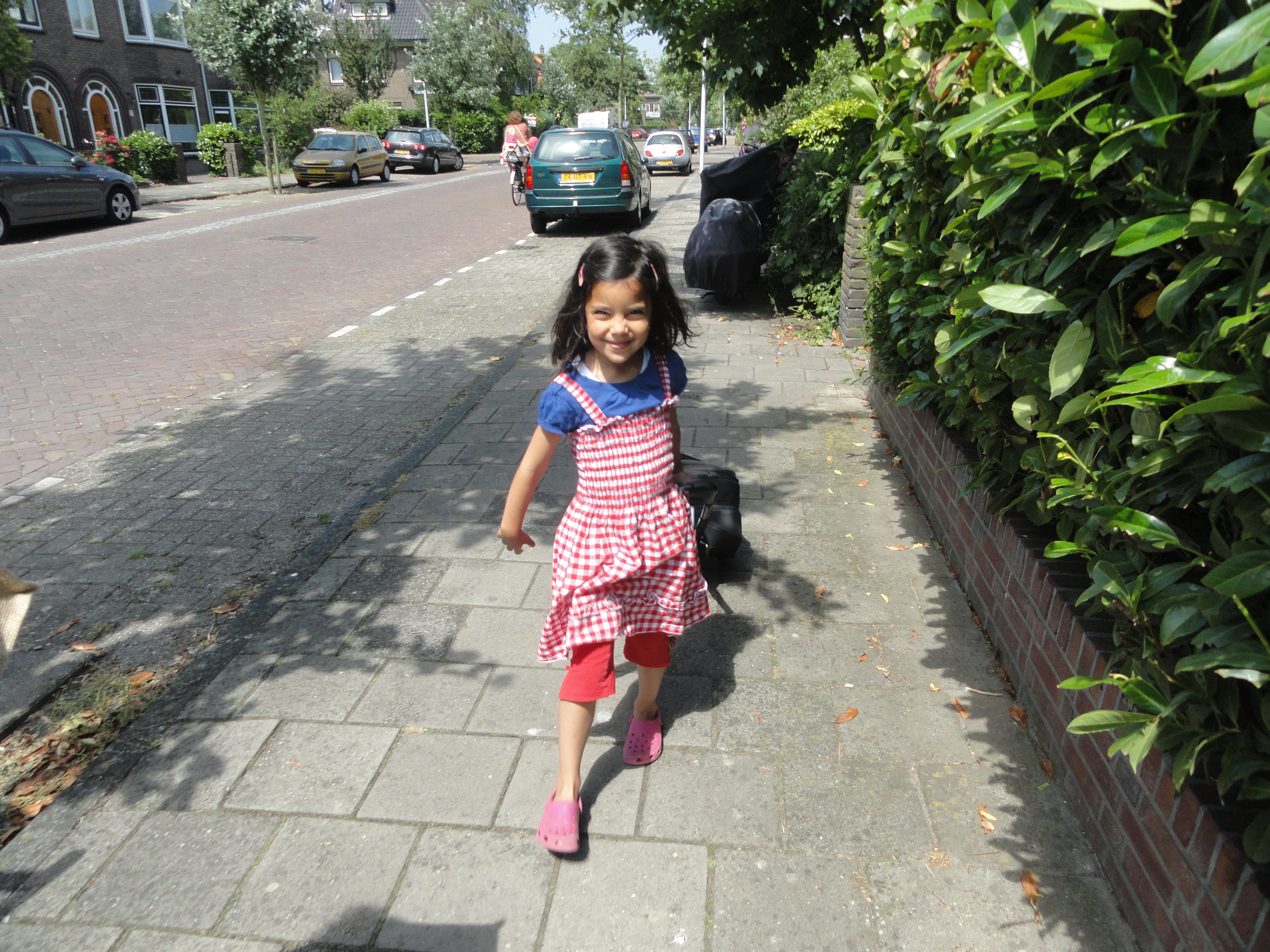
 |
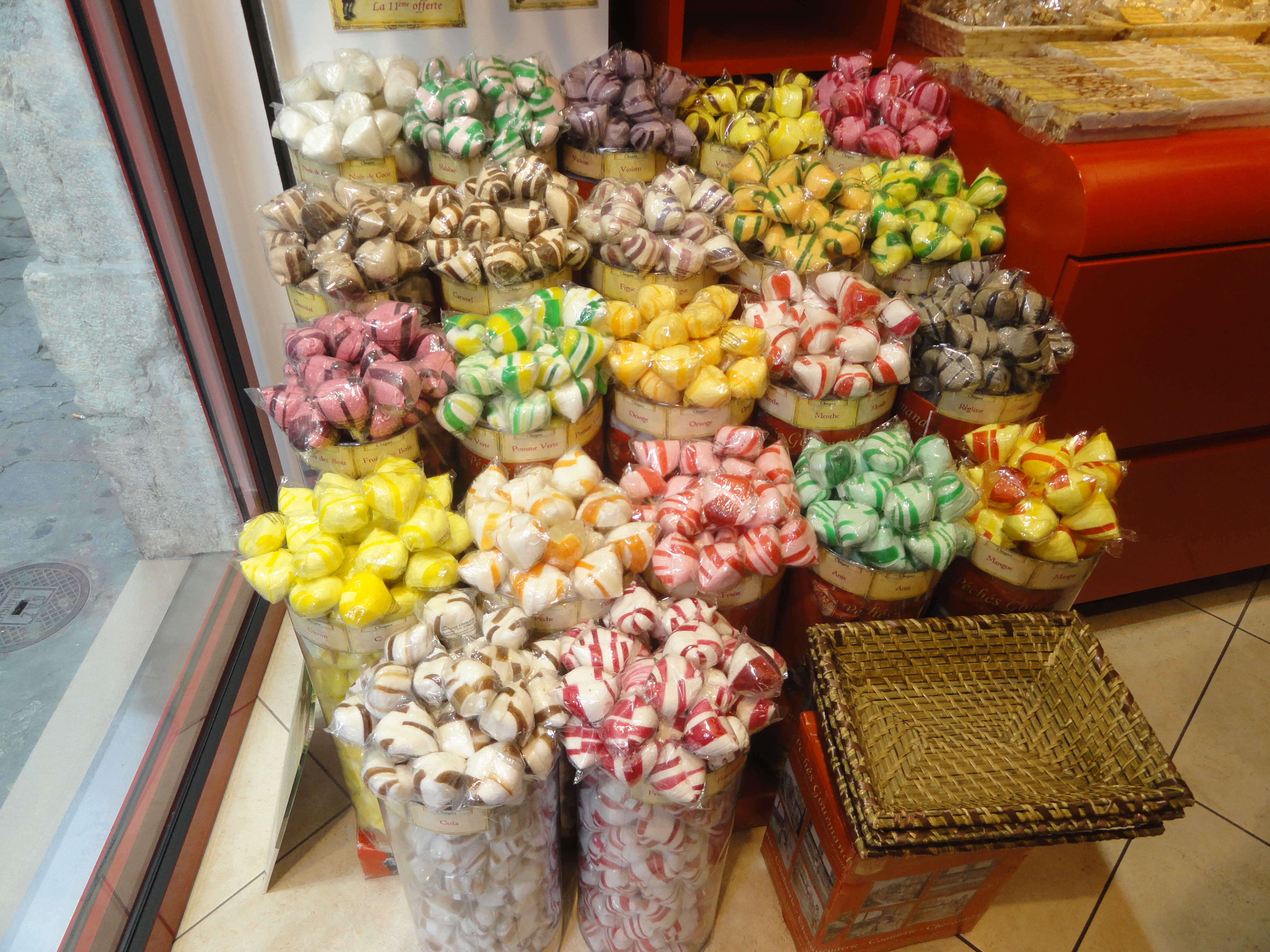
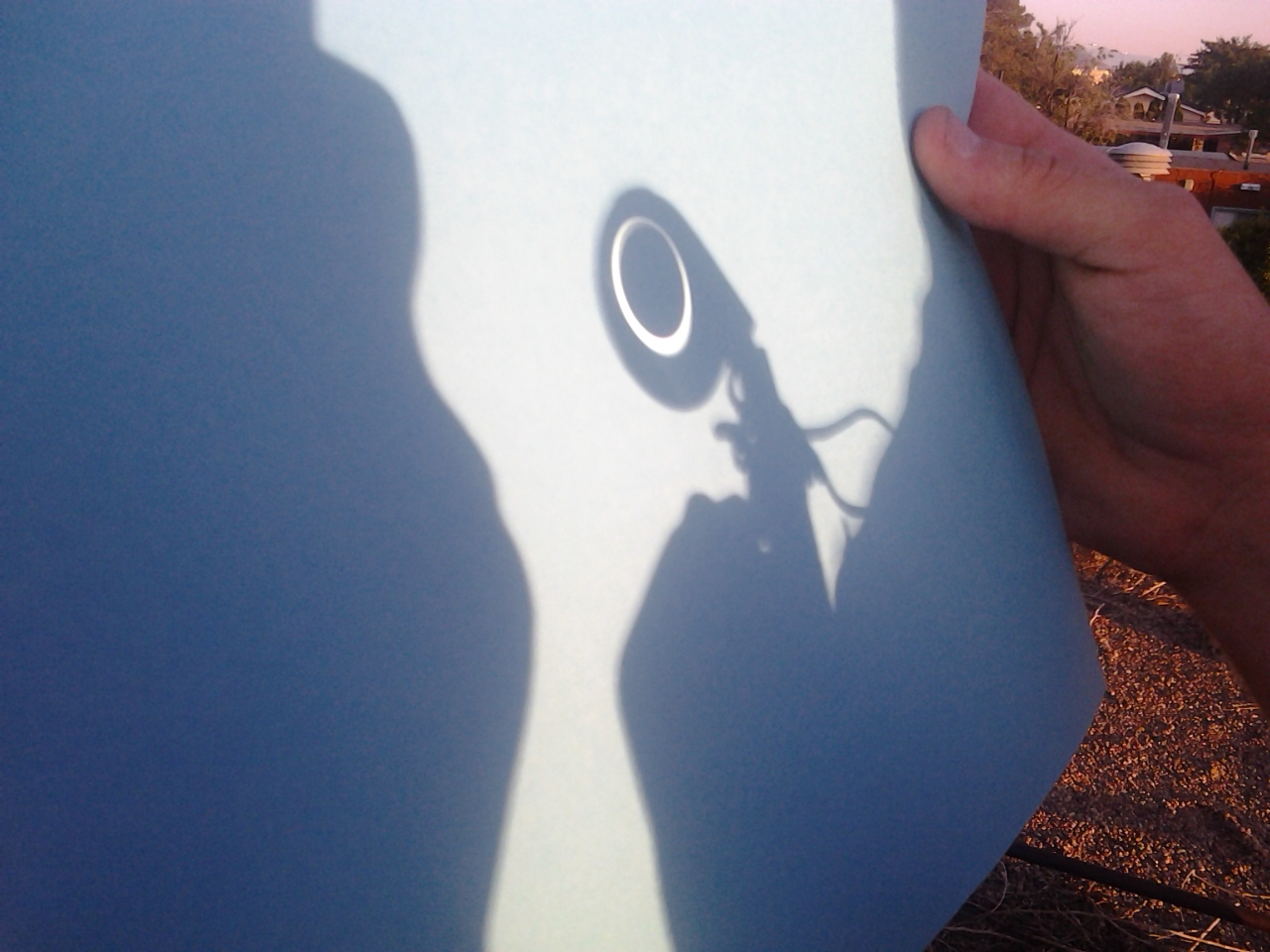
If I were to say unschooling looks like laying on a quilt at night, looking at the stars and talking about constellations or it looks like taking long car drives just for the sole purpose of having long winded discussions about every single US war in history, there would be 30 people who popped in and said that's not what it looks like at all, because their kids aren't interested in those things.
Unschooling isn't about where or how you learn something, it isn't about doing what everyone else is doing. It's about creating a rich environment for your naturally curious child to learn things that spark their interest. If you can do that, you'll be headed in the right direction.
LOTS of parents create stimulating environments and give lots of support for their kids' interests; this is not unique to unschoolers. What makes it unschooling is that unschoolers give up the rest of the schooling and trust that their kids will learn what they need to learn by being immersed in the rich and stimulating environment and with parental support of kids' interests.
If you don't think before you act, you have acted thoughtlessly.
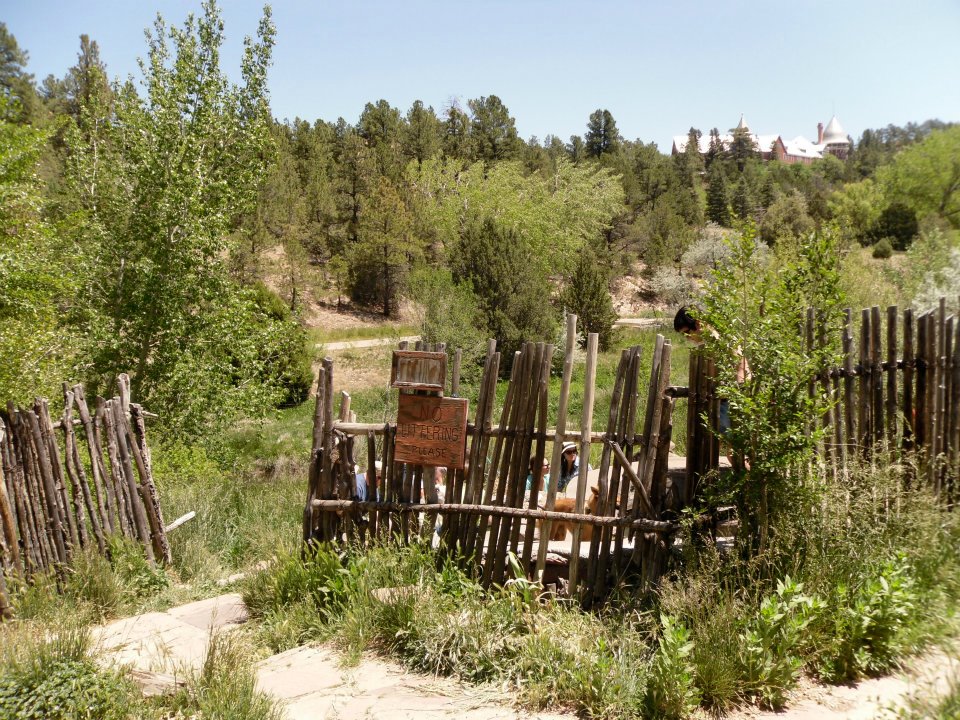

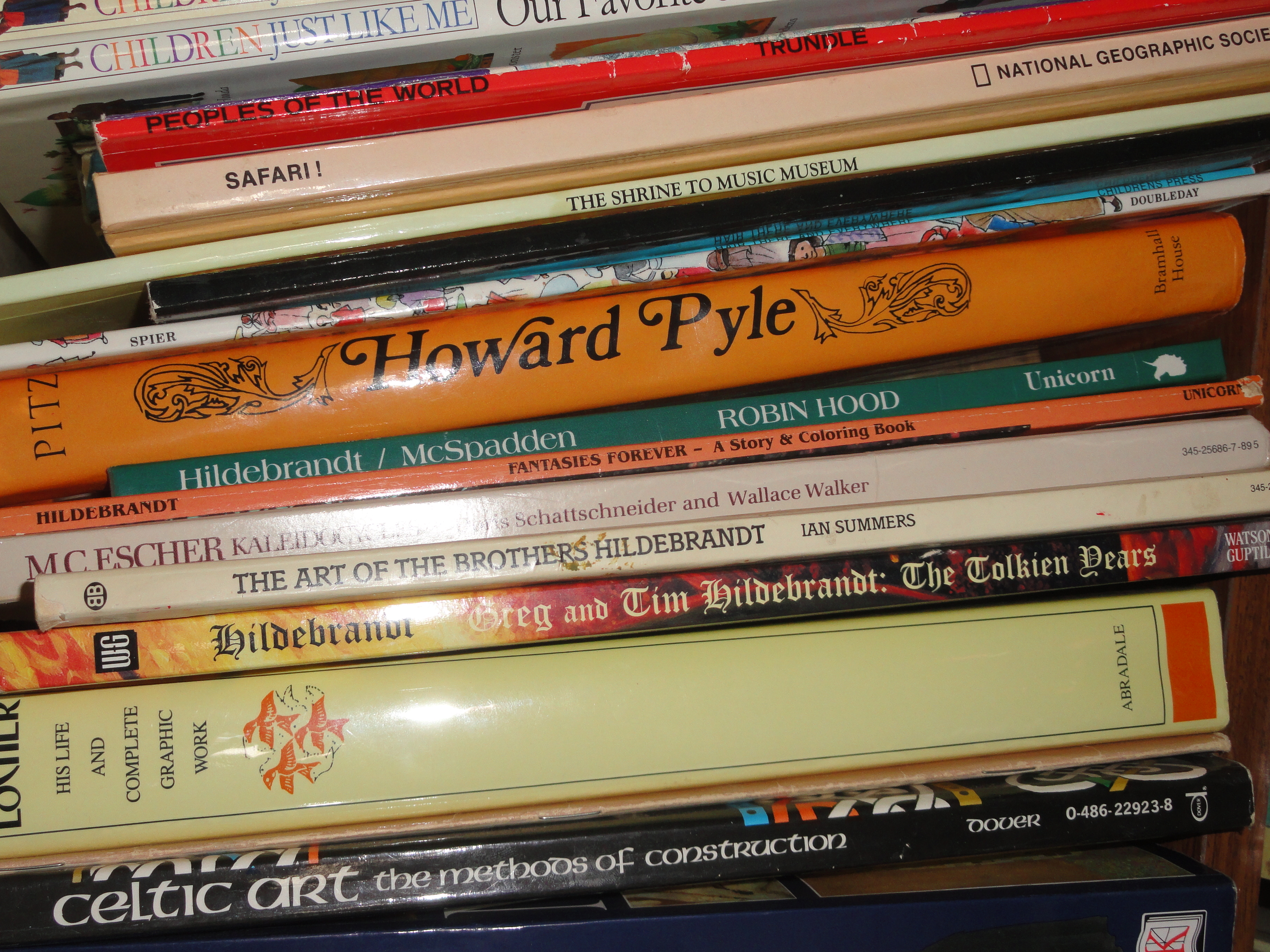
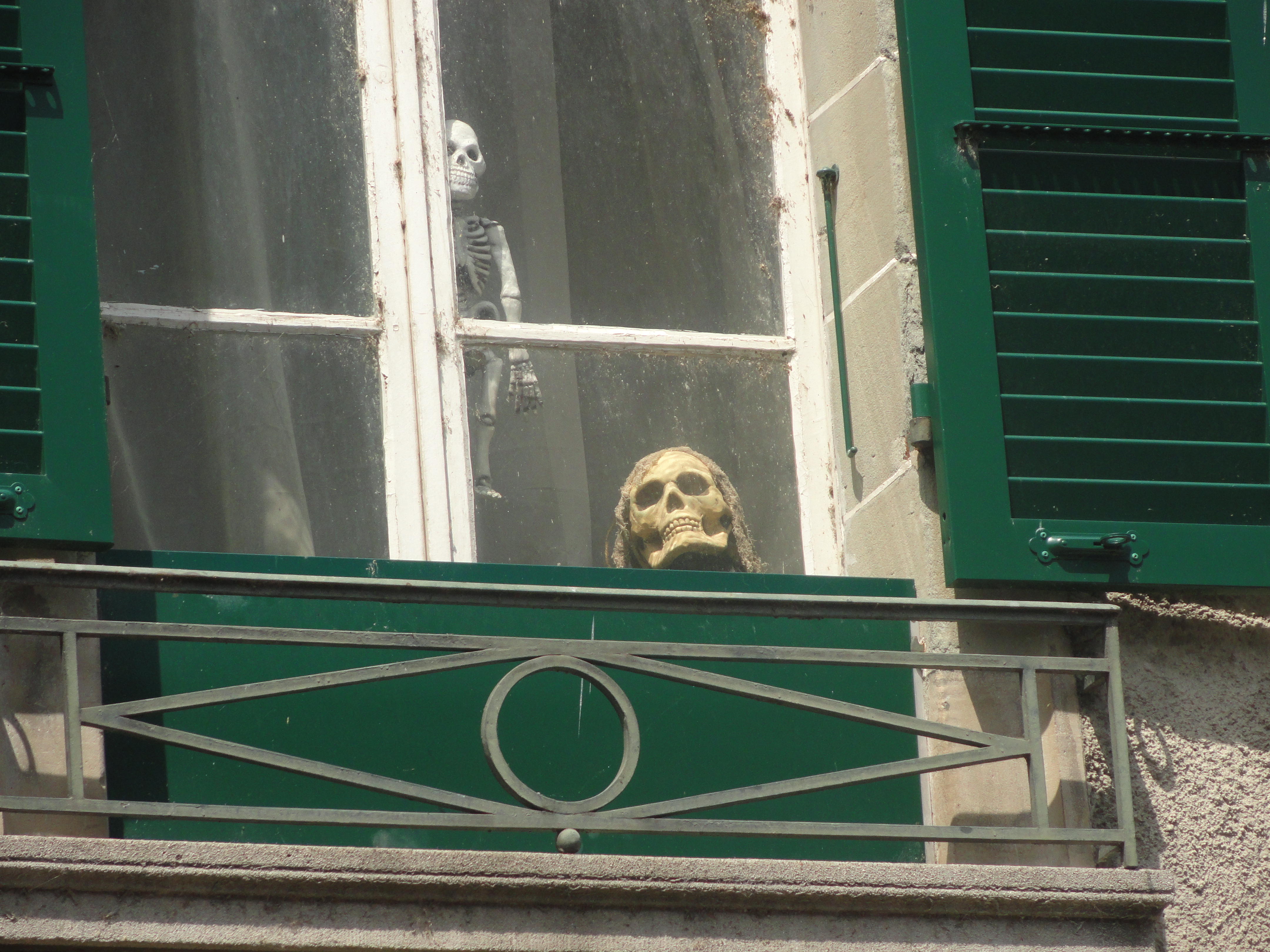
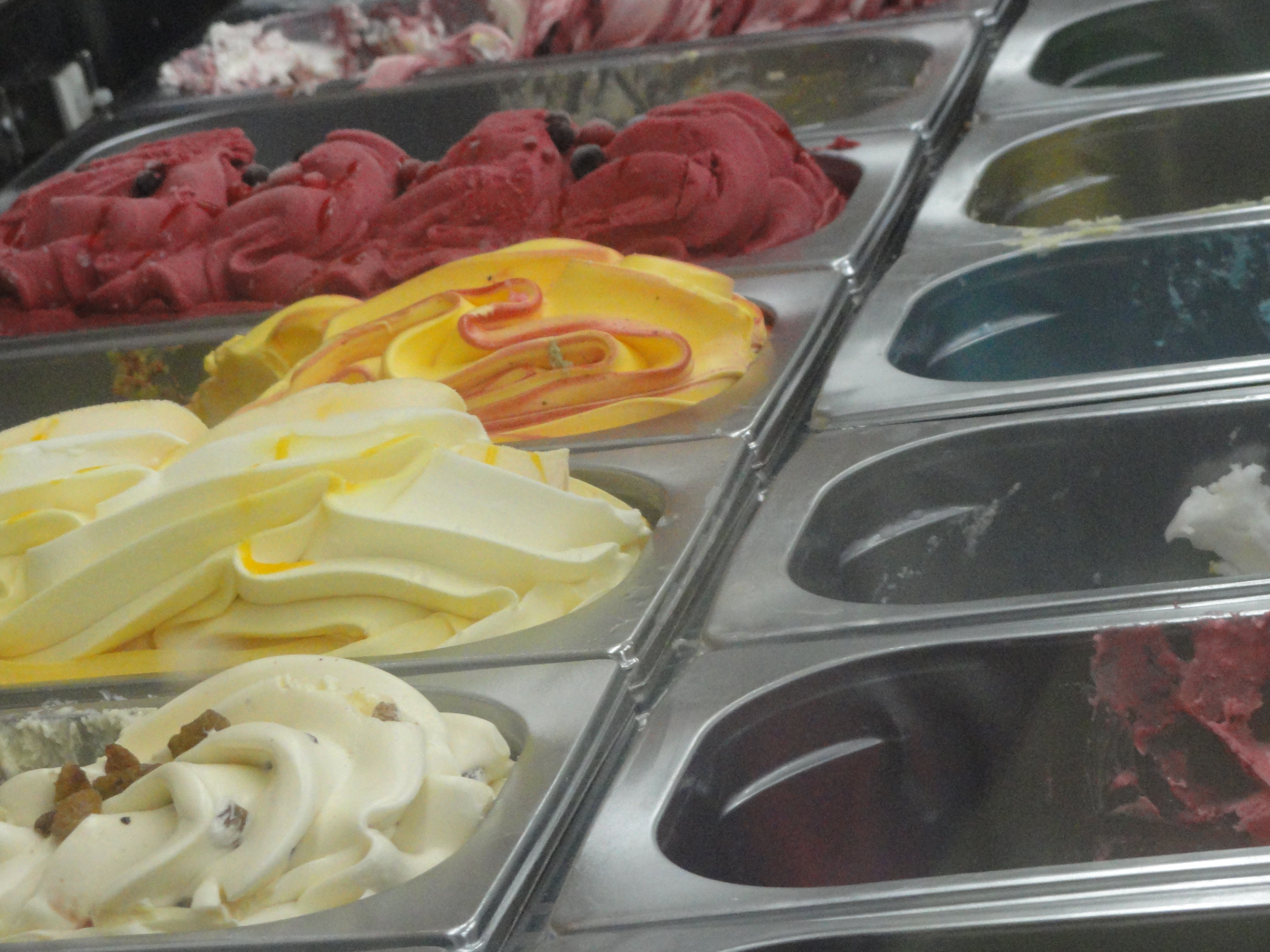
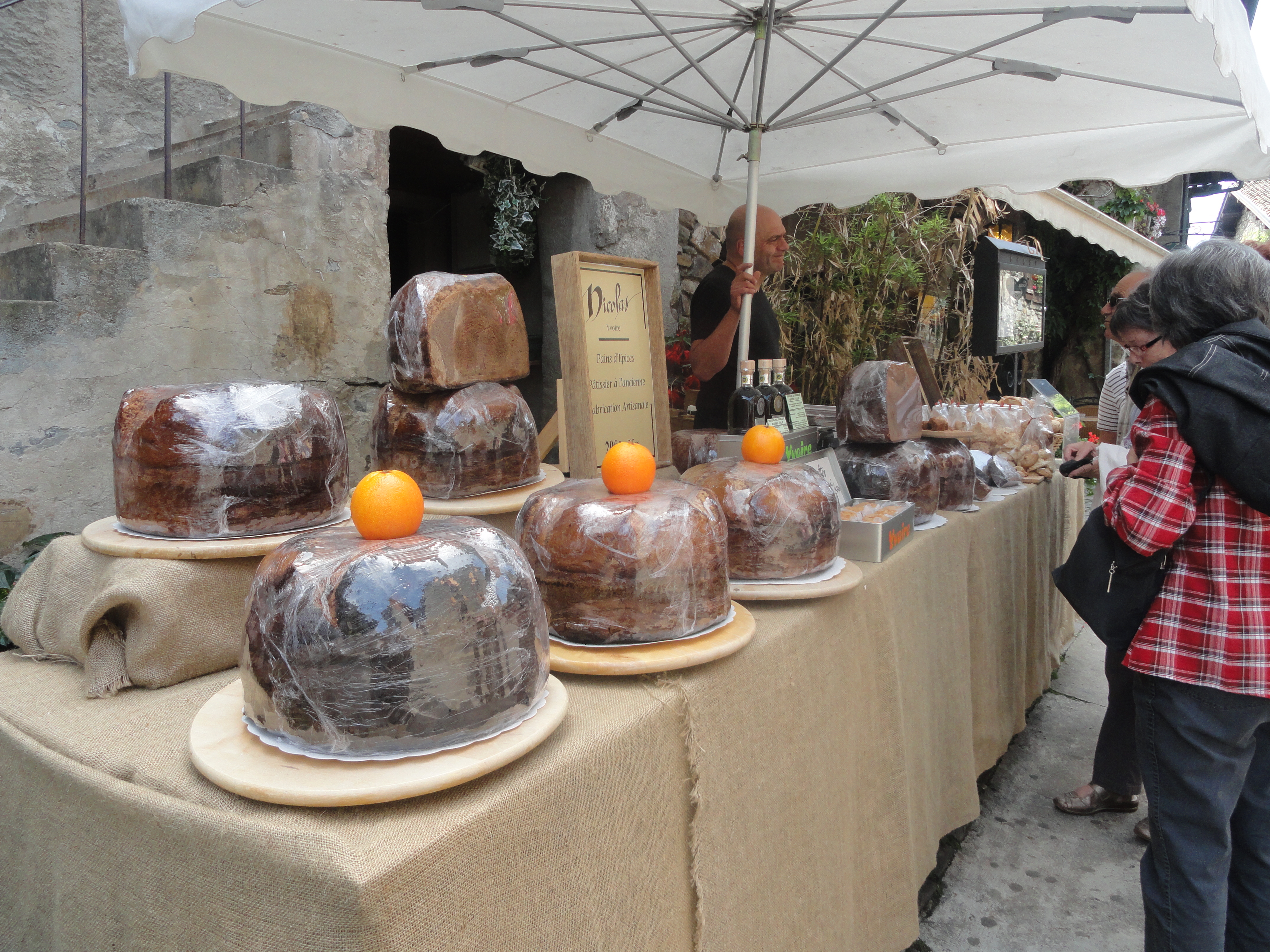
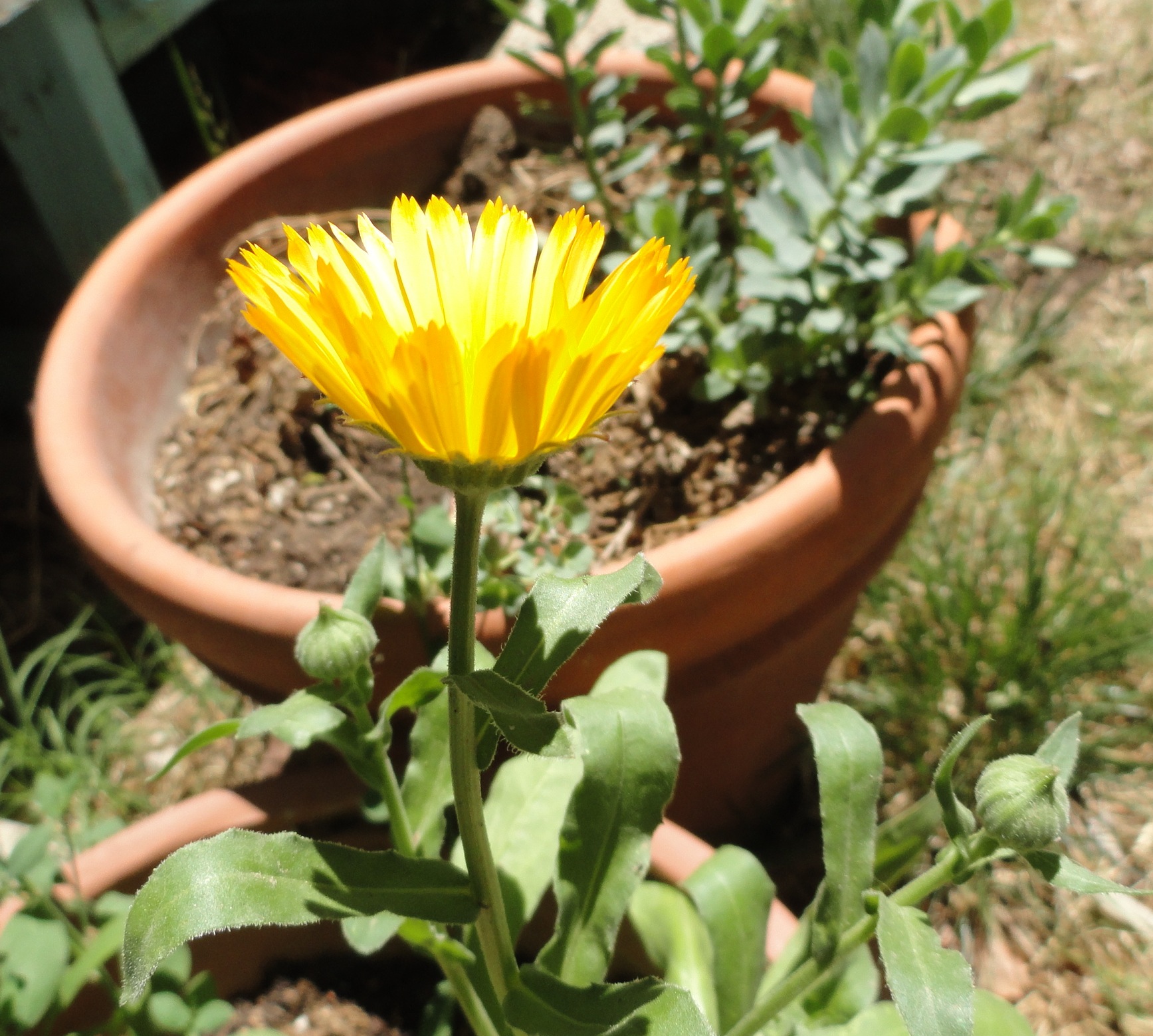
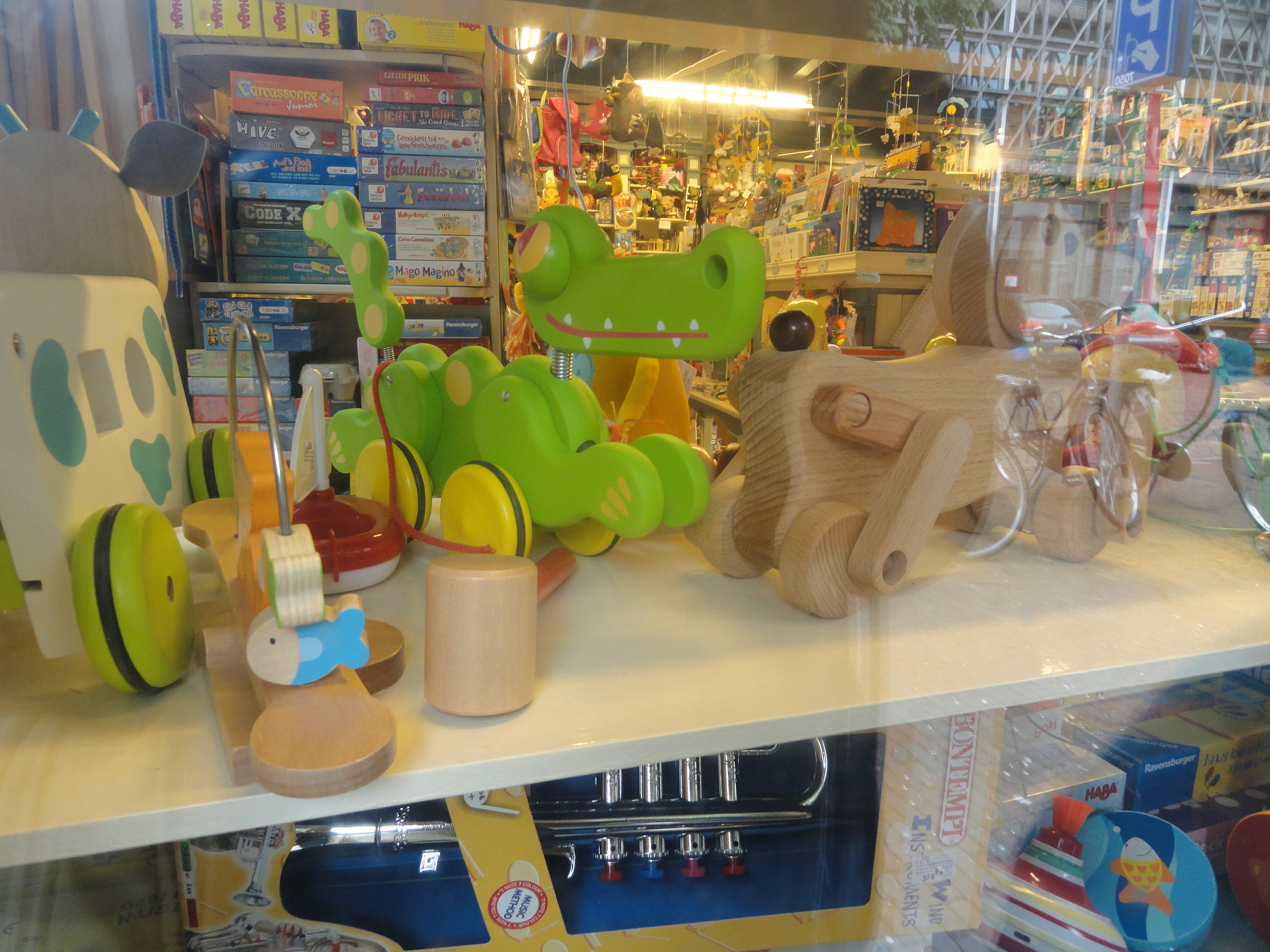
| Find wonder. Let the world be full of wonder. Wonderful. |
